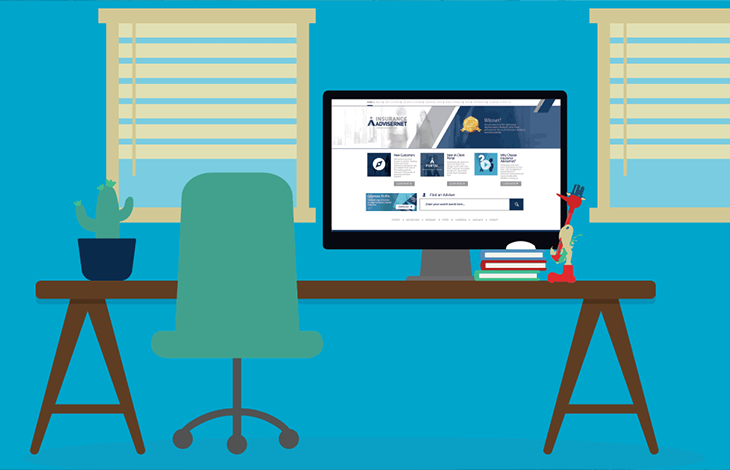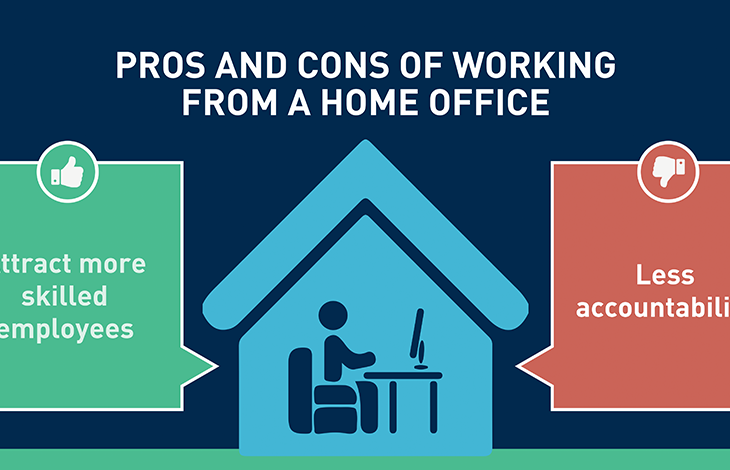Directors & Officers/Management Liability Insurance
What is Directors & Officers/ Management Liability Insurance?
There are hundreds of laws and regulations in states and territories that directors and officers must comply with when managing or operating a business, including OH&S, workplace risk, Corporations Laws, ASIC, and environmental laws.
D&O (large companies) and Management Liability (SMEs) insurance covers directors, officers and senior managers against actual or alleged acts, errors or omissions arising out of the operation or management of the company. The cover is for personal legal defence costs, as well as paying for any damages awarded for a breach of work-related duties and responsibilities. The policy will also reimburse the company for any legal costs advanced to the director or officer.
Why is D&O Insurance important?
Directors and Officers Insurance not only covers the personal liability of directors, officers and senior managers, but it will also reimburse others for any financial losses they’re incurred due to mismanagement.
Examples of claims include:
- wrongful dismissal of an employee
- email-related misconduct
- breach of contract
- OH&S breaches
- environmental breaches.
What does D&O Insurance cover?
The main covers provided include:
- Managers Liability - covers directors and officers for personal liability arising from claims made against them as a result of their role as managers of the company, where the company is unable or unwilling to pay their defence costs or damages.
- Company Liability - provides cover to the company itself for claims made against the company arising from an alleged wrongful act or omission of the company. This is the key difference between Directors and Officers and Management Liability cover for privately owned businesses; otherwise, directors would still have to fund the defence costs for claims against the company out of their own pockets (as the company is treated as a separate legal entity when action is brought).
- Employment Practices Liability - provides cover for alleged employment breaches, such as discrimination, harassment, bullying, failure to promote, breach of contract, retaliation and wrongful termination.
- Crime – provides protection for your business when there has been a direct financial loss such as theft of money, securities and property. This can include employee fraud or dishonesty, third-party crime, electronic and computer crime, destruction and damage of money.
- Statutory Liability (legal defence costs only) - (legal defence costs only) – provides cover for defence costs incurred from any formal investigation by a regulatory/government/professional body or other authorised institution. It also covers any fine or penalty imposed (where legally permitted and subject to policy conditions). The policy can also include a number of extensions, such as cover for legal costs associated with preparing and attending Workplace Health and Safety inquiries, and the accounting costs incurred during a tax audit/investigation.
It’s important to understand the difference between Professional Indemnity and Management Liability Insurance. The easiest way to look at the two insurance covers is that Professional Indemnity covers financial loss incurred by a customer who relies on your professional advice or work. Management Liability, on the other hand, protects your business and the personal assets of management against financial losses, due to allegations or actual mismanagement, misconduct, or legislative breaches.
At Insurance Advisernet, we’ll work with you to understand your business and provide advice on the best way to manage these risks, including the appropriate type and amount of insurance cover.
Frequently Asked Questions
What type of D&O or Management Liability insurance should I buy
As it’s a package, you can choose the basic Management & Company Liability section or add on Crime, Employment Practices and Tax Audit covers. It really depends on the size and nature of your business and the level of risk you’re willing to carry. Insurer cover varies – for example, some offer pollution defence costs, while others offer special cover for labour-hire companies. These are some questions to consider when taking out D&O or Management Liability insurance.
Do I need D&O / Management Liability Insurance?
All companies and businesses of any size can benefit from this insurance cover. Both small and large companies have exposure to employment practices, claims, crime and investigations. As a key premium rating factor is based on size and revenue/ turnover, the premiums are smaller for SMEs than for large companies.
Is D&O / Management Liability Insurance the same as Professional Indemnity Insurance – No, it isn’t.
No, Professional indemnity and Management Liability insurance cover different risks. Professional Indemnity covers financial loss allegedly or actually incurred by a customer who relies on your professional advice or work. Management Liability, on the other hand, protects your business and the personal assets of management against financial losses, due to allegations or actual mismanagement or misconduct that cause a financial loss to the company or shareholders.




